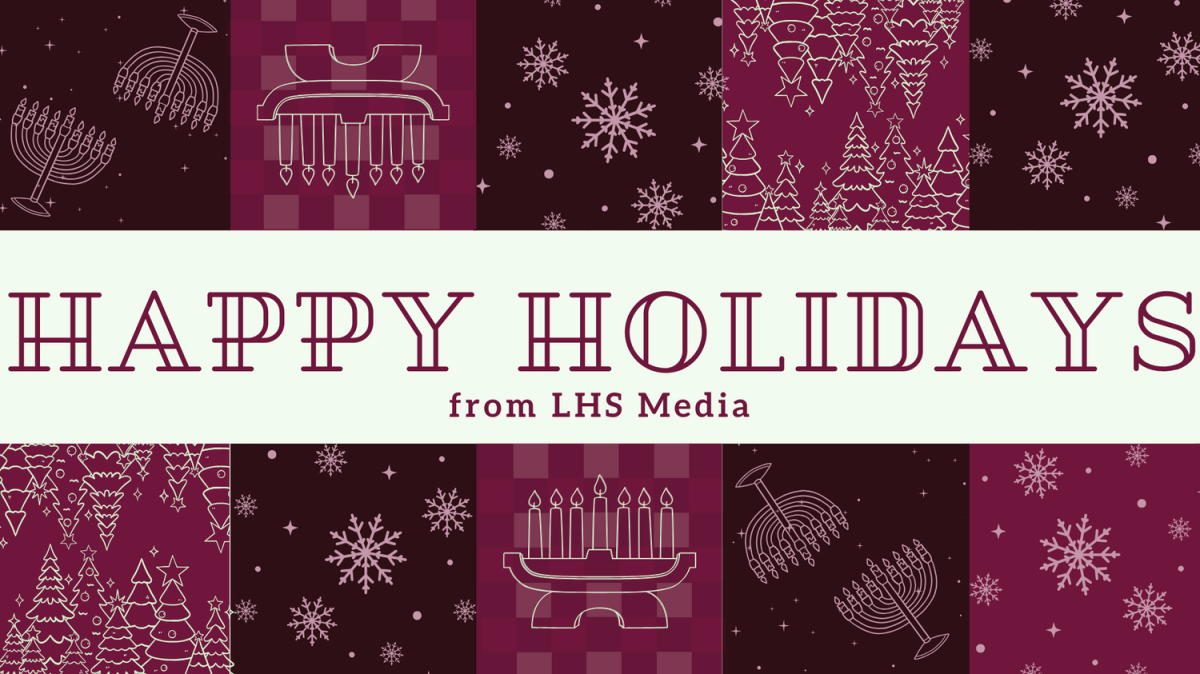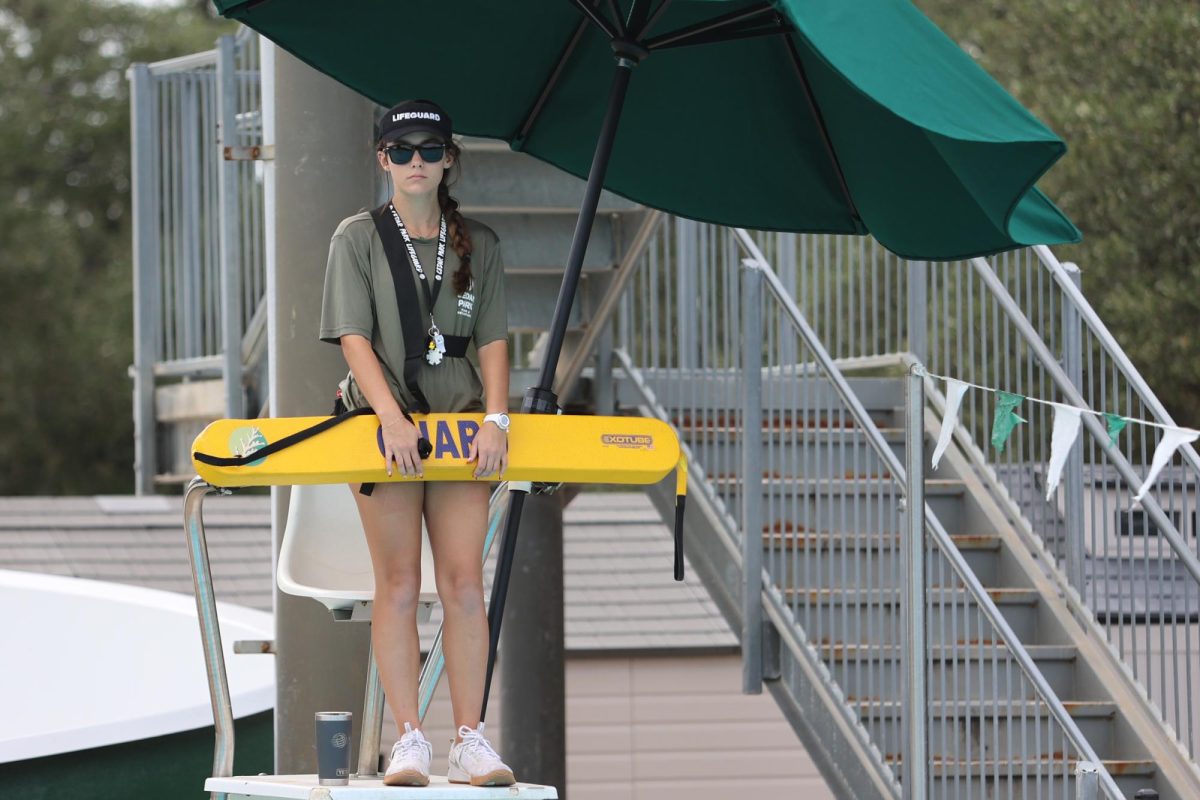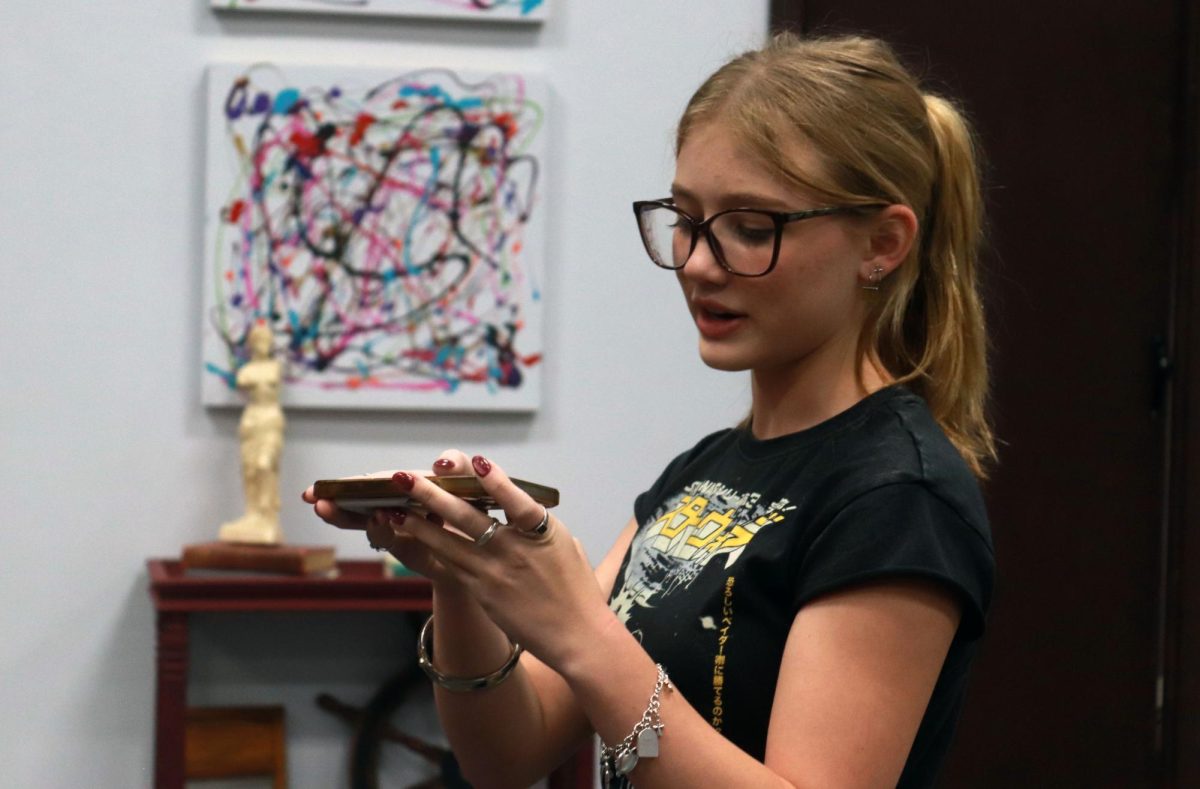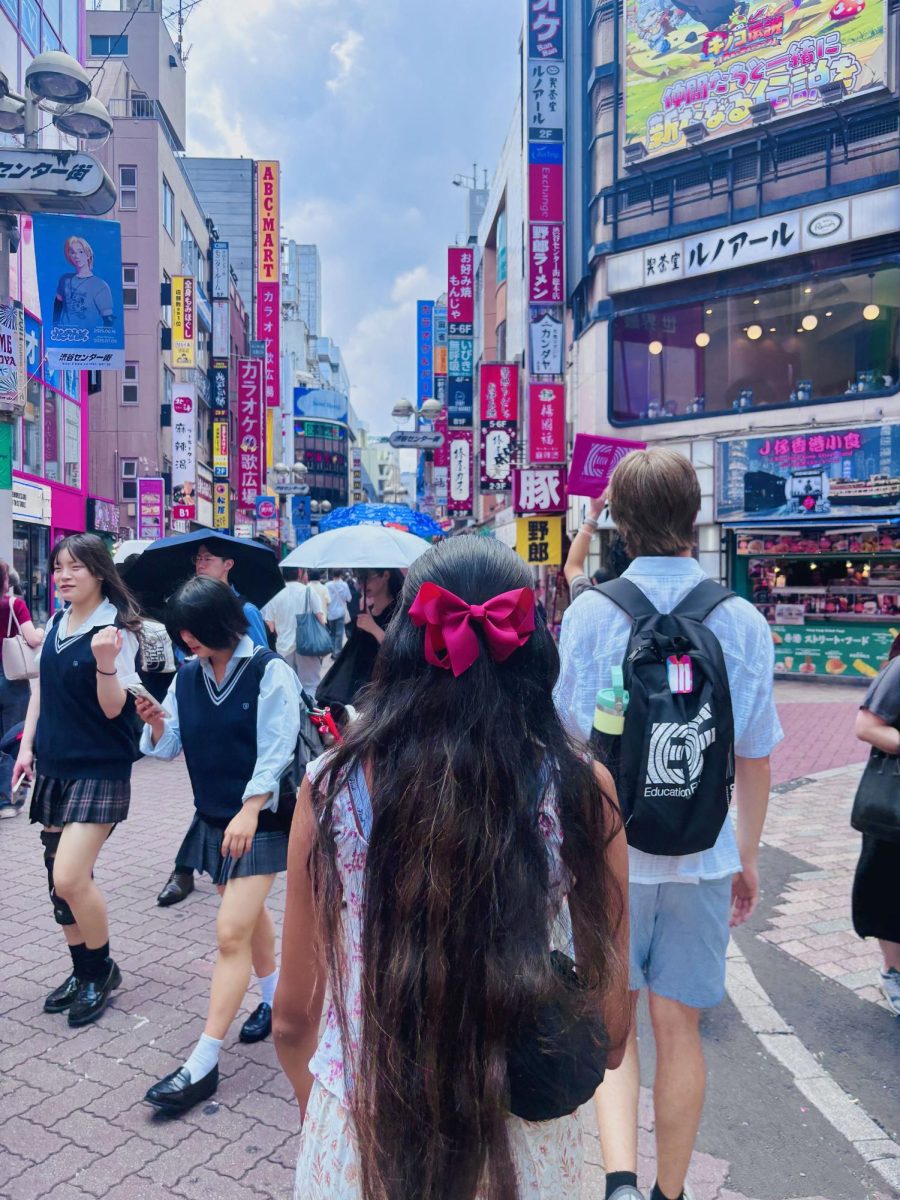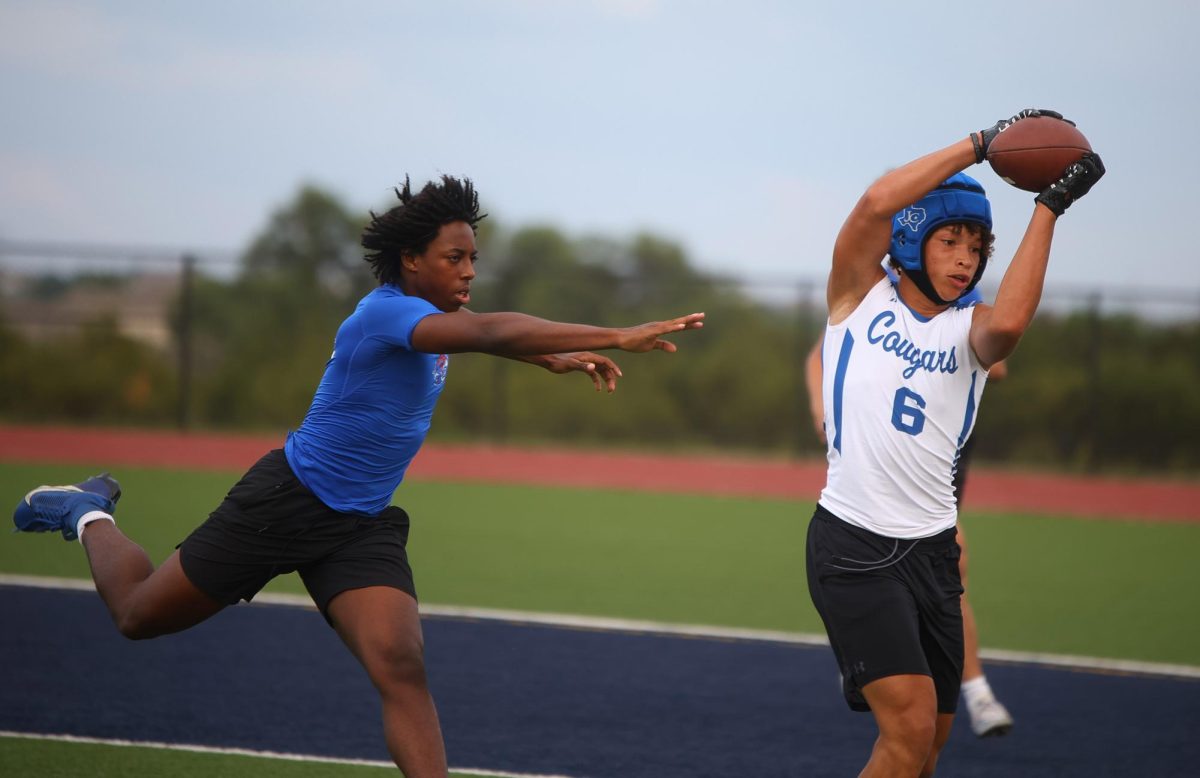Despite differences in the winter holiday celebrations, the wintry festivities blow in a helping of holiday cheer in the cold months.
For example, the six-day Hindu festival, Champa Shashti, will commence on Dec. 7.
“I celebrate Champa Shashti, a religious festival where we honor one of the major gods, whose name is Lord Shiva,” sophomore Ishita Pradhan said. “We celebrate to [recognize] his courage and victories. It’s a way to please him so we get good manifestations for the new year. [We do] a bunch of rituals and offer food to gods, [recite] prayers and mantras to please him and show our devotion. We have a lot of good food and get to see family and friends at the temple.”
Traditionally the Christian holiday commemorates the birth of Jesus Christ, though it is often observed in a variety of different ways.
“[I celebrate] Christmas as a part of my religion,” senior Rubi Zendejas-Hernandez said. “It’s an important part of [Catholicism], but it also gives me an opportunity to spend time with my family. My favorite part is staying up with my family until midnight, [the time] when we celebrate.”
Also known as Imamat Day, Kushali celebration marks the date of succession by the present Iman, Hazar Imam, Aga Khan IV.
“I’m a Shi’a Ismali Nizari Muslim and we celebrate Kushali,” freshman Eliza Ali said. “On December 13th, we do a bunch of special prayers and celebrate as a whole group. We believe in Allah and Hazar Imam is a [prominent] follower of him. We use his spirituality as a guide. After the [ceremonies], we dance and eat. We are all united– friends and family.”
During Jewish holiday, Hanukkah, eight candles in eight days are lit, representing the flame kept alive on a day’s worth of oil for over a week, during the liberation of the Temple in Jerusalem.
“I celebrate Hanukkah or Chanukah,” junior Riella Beron said. “Hanukkah translates to ‘dedication.’ To me, Hanukkah is a time of togetherness with my family and it is also a time to celebrate all that we as a Jewish society endured since the beginning of mankind. My favorite part is when my family all gathers around the menorah at sunset to light a candle.”
The roots of the solstice celebration, Yule, can be traced back to Nordic and Germanic peoples and is celebrated by Pagans and Wiccans today.
“I celebrate Yule [because] my mother is Wiccan.,” sophomore Kira Mcashan said. “It celebrates the beginning of the winter. Every year we select a log and drill holes into it and put candles in it. We burn the candles throughout the day and [later] burn the log and little pieces of paper which we write [manifestations for] the new year on. It’s kind of like a New Years resolution, but more like wishes. We open up presents in the morning– it’s like Christmas… But [my favorite part] is burning my wishes. For this year, I’m wishing for a car and for self love.”
On December 13, Shi’a Muslims wish each other “Salgirah Mubarak,” an Urdu happy birthday to Hazar Imam.
“I celebrate something called Salgirah [Kushiali], it’s the birthday of our spiritual leader as most people call it,” junior Shayann Sunesara said. “We celebrate it every year because we value [Prince Aga Khan’s] guidance and service towards our global [Shi’a Muslim] community… We celebrate his 88th birthday this year all around the world in different countries. It means a lot to me to be a part of the special celebration. My favorite part is when we all gather together, dress up spectacularly and then we dance together, eat food together, wish each other Salgirah Mubarak and just enjoy the occasion that comes once in a year.”


